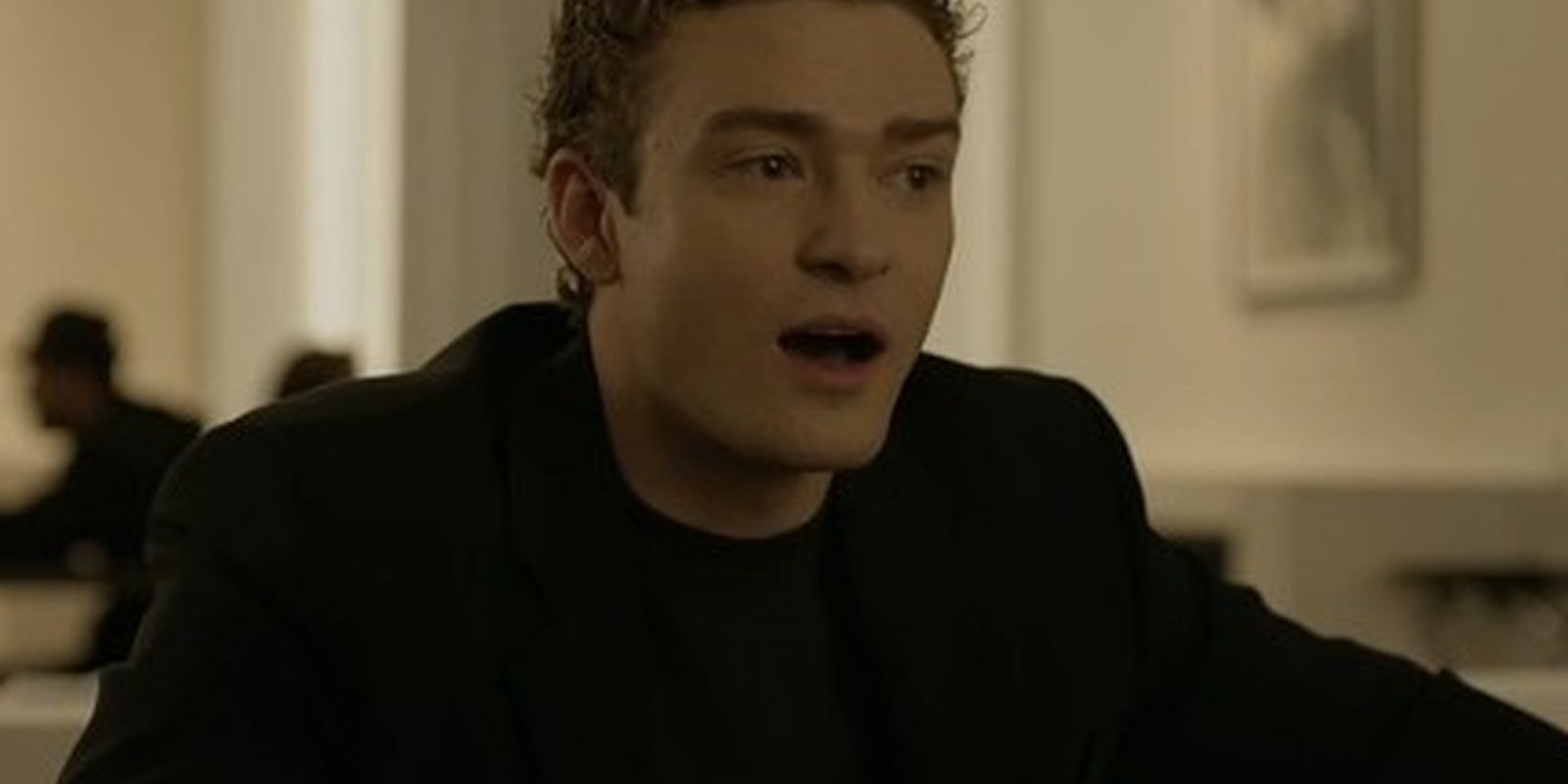“You know what’s cool? A billion dollars.”
—Sean Parker, The Social Network
Okay, Sean Parker never said that. Those words were uttered on-screen by the fictionalized version of the Napster cofounder who appeared in Aaron Sorkin’s 2010 movie about Facebook.
Truth is always—always—stranger than fiction. And if Sorkin were writing the screenplay today, perhaps the faux Parker, briefly Facebook’s president, would declare a hundred billion dollars the new metric of cool.
That is the value Facebook is seeking for itself through an initial public offering, for which the company filed documents with the Securities and Exchange Commission yesterday.
Perhaps a bit more eagerly than the rest of the press, I’ve been waiting to read Facebook’s S-1. Back when I was a cub reporter—oh, by all means, start with the bear jokes anytime—at a digital offshoot of Wired, I cut my teeth reading these documents to estimate the net worth of the Internet’s new moguls. (I was so accurate, it turns out, that in one case we got threatened with a lawsuit by a litigious Webhead who had a pending divorce case.)
So we now know that Zuckerberg owns 28 percent of Facebook—almost the same figure I reported three years ago. But if you were looking for other secrets of Facebook’s founding, look elsewhere than Facebook’s far from transparent S-1.
There’s been talk of an IPO for Facebook for years, going back to the days when Randi Zuckerberg, Mark’s older sister, sang about the prospect in a still-timeless parody video. (The only thing that dates it are Facebook’s onetime rivals, Myspace and Friendster, which have gone from forgettable to forgotten.)
But by delaying Facebook’s public offering, Zuckerberg has done more than maximize his wealth. He has successfully buried his past under stacks of tall dollars. The executive infighting, the disappearing cofounders, the parade of lawsuits can now all disappear in a thicket of legalese. They are no longer material, as the accountants say.
I worry about what comes next—not for Facebook, but for the Valley. The lesson of The Social Network, for endless ranks of wantrepreneurs, wasn’t that Zuckerberg screwed a lot of people over on his way to the top. The lesson was that it didn’t matter that he did. Aaron Sorkin may have meant for the scenes of Zuckerberg typing into his laptop to convey loneliness. Instead, to all the hopeful hackers looking to score, the sight of a clean desk, a MacBook, and code to write speak only of victory.


